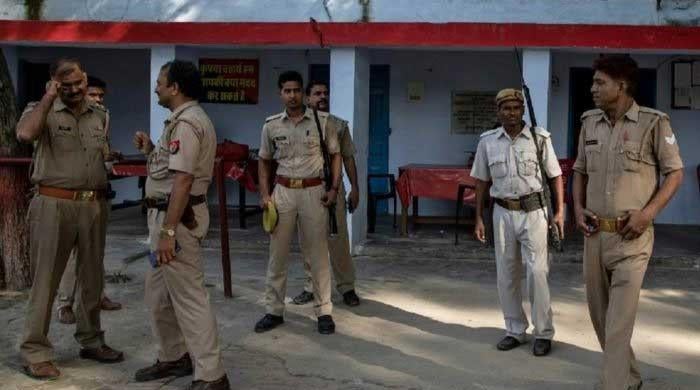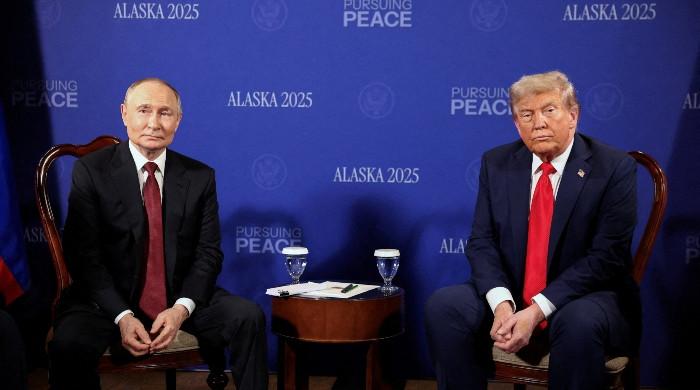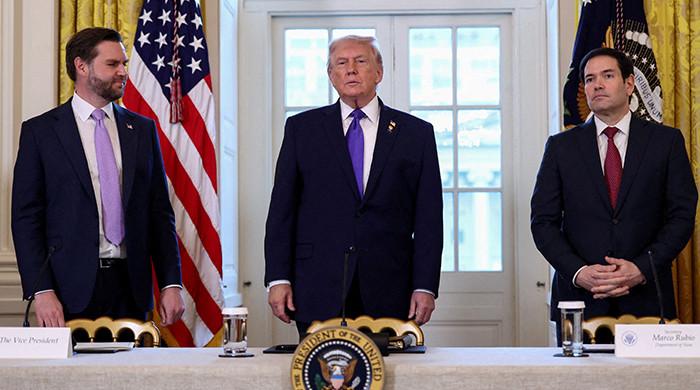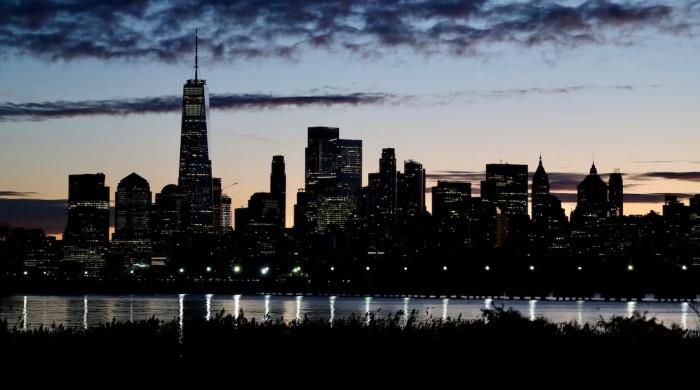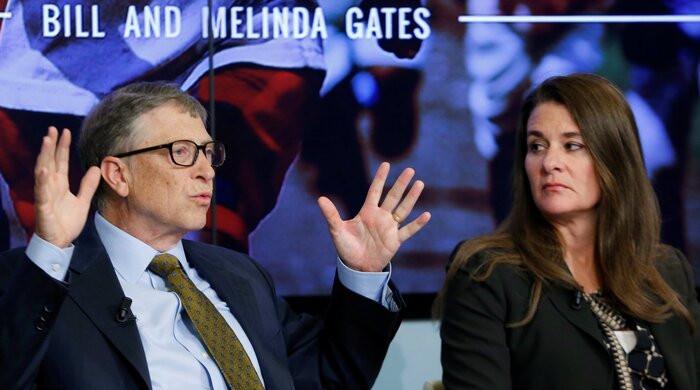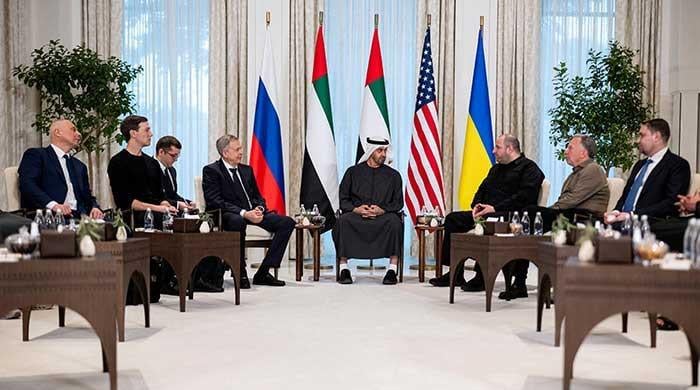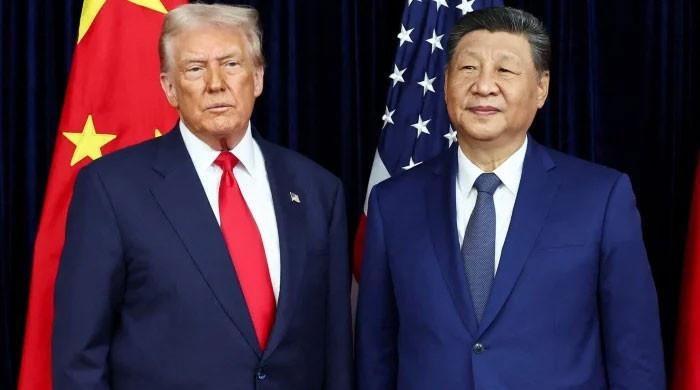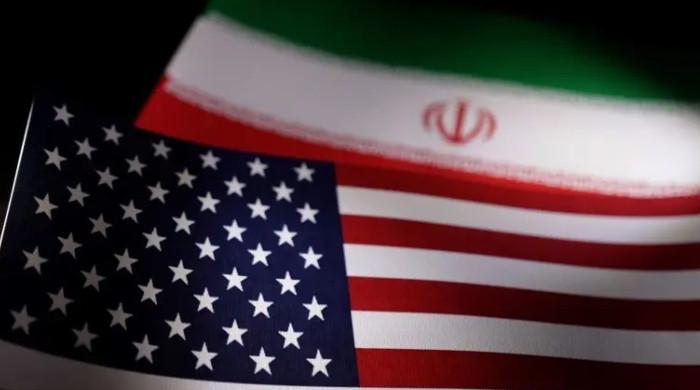Egypt braces for protests on eve of elections
CAIRO: Egypt braced for fresh demonstrations on Sunday amid a tense standoff between the country's military rulers and pro-democracy protesters on the eve of the first elections since the January...
November 27, 2011
Egyptians go to the polls on Monday to cast their first votes for a new parliament after the end of the 30-year rule of strongman Hosni Mubarak, forced from power in one of the seminal moments of the Arab Spring.
The run-up to voting in the cultural heart of the Arab world and the region's most populous country has been marked by violence and fears of new instability -- a far cry from the exultant scenes of February.
Protesters have again occupied Tahrir Square, where hundreds of thousands gathered to demand the fall of Mubarak, but this time their target is the military rulers who stepped in to fill the void left by his departure.
The Revolution Youth Coalition said it planned a million-person march in Cairo on Sunday to reject the appointment of new 78-year-old caretaker prime minister Kamal al-Ganzuri by the Supreme Council of the Armed Forces (SCAF).
Adding to the tension, a 19-year-old demonstrator was crushed on Saturday by a police truck outside the cabinet office. Despite regret expressed by the interior ministry, the death threatens to stir up emotions on Sunday.
The violence over the past week, which has seen police use live ammunition and tear gas on protesters, leaving 42 dead and 3,000 injured, has cast a pall over the start of a process intended to usher in a new democratic era.
Instead of a moment to celebrate their newly won freedoms, many Egyptians are worried that the temporary military rulers are looking to cling to power and consolidate their influence.
The generals, led by Field Marshal Hussein Tantawi, have pushed back the original timetable for handing over power to a civilian government and have demanded a final say on all legislation concerning the army in the future.
Critics say they have also resorted to the repressive techniques of the Mubarak regime, jailing dissidents and unleashing deadly violence on protesters, in a bid to maintain stability.
The unrest has led to calls for the elections -- spread in three stages over six weeks in a complicated process -- to be delayed because of deteriorating security and the threat of boycotts.
While some protesters are demanding a temporary "salvation government" including former head of the UN nuclear watchdog Mohamed ElBaradei and ex-Arab League chief Amr Mussa, other Egyptians are simply tiring of the wrangling.
One possible compromise could be the formation of an advisory panel to the military council involving Mussa and ElBaradei, both of whom held talks with the generals on Saturday.
In another scenario, ElBaradei suggested late on Saturday that he would forego his ambitions to become president if made the head of the transitional government.
The conduct and results of the election will be watched across the Arab world and will have a huge impact on pro-democracy movements elsewhere in the region, particularly in Syria, where protests continue.
Without precedents or reliable polling, the results are difficult to forecast, but most observers expect the Muslim Brotherhood, a moderate Islamist movement, to emerge as the largest party, but without an overall majority.
Two days of voting from Monday will take place in the main cities of Cairo and Alexandria as well as Fayum, Luxor, Port Said, Damietta, Kafr el-Sheikh and the Red Sea province. Other cities and regions follow on December 14 and January 3.
Presidential elections in which ElBaradei and Mussa were expected to be candidates will be held no later than June 2012, under a new timetable announced by the generals this week. (AFP)




